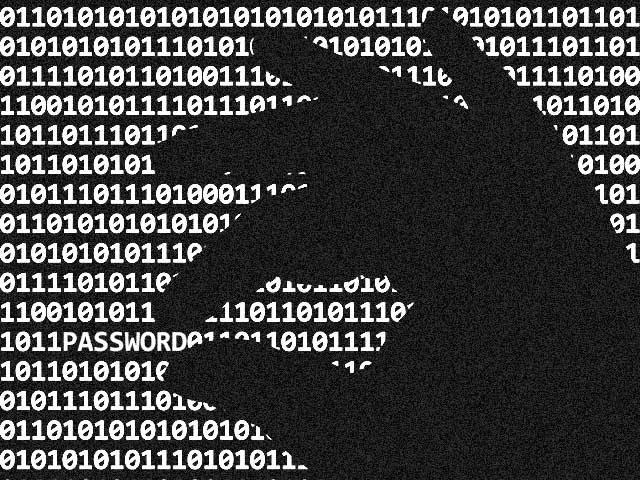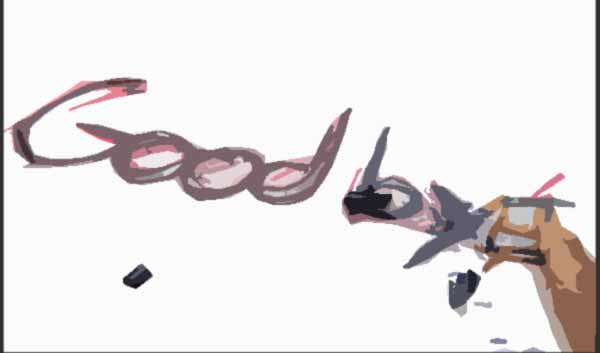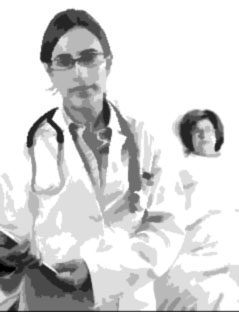
by medicaltechont | Feb 27, 2016 | EHR, Electronic Medical Records, Hospitals, Medical Records, Security, United States
Ransomware has seriously turned on to a noxious game of Hackers to get paid effortlessly.
Once again the heat was felt by the Los Angeles-based Presbyterian Medical Center when a group of hackers had sealed all its sensitive files and demanded $17,000 USD to regain the access to those compromised data.
The devastation of the compromised files can be pitched as:
- Compromised emails
- Lockout Electronic Medical Record System [EMR]
- Encrypted patient data
- Unable to carry CT Scans of the admitted patients
- Ferried risky patients to nearby hospitals
As the situation was grown out of wild, the hospital paid 40 Bitcoins (Roughly US $17,000) to the Ransomware Criminals to resume their medical operations after gaining the decryption keys.
“The quickest and most efficient way to restore our systems and administrative functions was to pay the ransom and obtain the decryption key,” the hospital CEO Allen Stefanek said in a letter.
All the electronic medical system were restored back soon after unlocking the encrypted file locks.
The Ransomware had stolen the nights of many network administrators, as they would be often blamed to fight up this nasty threat; instead of blaming staffs who click the illegit links in their e-mail.
http://thehackernews.com/2016/02/ransomware-medical-record.html?utm_source=THNLS&utm_medium=BelowLS&utm_campaign=LS
http://hollywoodpresbyterian.com/default/assets/File/20160217%20Memo%20from%20the%20CEO%20v2.pdf

by medicaltechont | Feb 21, 2015 | e-Health, Electronic Medical Records, emr, Healthcare, ISO, Medical Records, Ontario, OntarioMD
It looks like another #OntarioMD approved EMR vendor is no more. In a follow up to our article “Instability with #EMR in #Ontario“, yesterday OntarioMD updated their approved vendors to indicate the following.
As of February 20, 2015 the Jonoke Software Corporation Inc’s EMR offering JonokeMed v5.5 is no longer a funding eligible EMR.
No specifics were listed, however the site indicated some type of “breach”. If you are looking for more information please click on the link below or contact OntarioMD directly.
Read more from the OntarioMD.
by medicaltechont | May 24, 2014 | Cloud, EHR, Ontario, Privacy, Software, Technology, The Internet
Is your cloud (online web-based) application vulnerable to hackers? Do you even know if the OpenSSL security flaw and bug affected your important data? Are you paying attention to your investment? Or do you even care?
With many moving full steam ahead with cloud-based solutions, recent developments have casted a slight shadow on the security of patient data and how much risk a medical practitioner is willing to take with personal medical information in the cloud.
When you visit the doctor, nurse practitioner or other health professionals there is a trust developed; whereby your confidentiality is respected and observed. As a patient you assume that all efforts are taken to uphold that trust. You assume that your personal medical data is secure from the prying eyes of others. However do you really know if your personal information is safe? It’s amazing to know that so many regular individuals assume, in Canada, that their personal information, located within a Doctor’s office, is 100% safe and secure. But what happens if they find out that there was a breach in security? What happens if a patient came to view results of something extremely important, only available within your EMR or medical software, and your “Internet” connection is down? What do you tell the patient? Are you certain that your medical information is safe?
Read: Cisco and Heartbleed, A Class Action Lawsuit In The Making (Seeking Alpha)
Although the term “online web based billing software” is the new buzz word, not all solutions have to be cloud-based. Many use terms like “bill from anywhere“, or “use any web-browser“, yet there are alternatives, which still allow you to be in control or your data. Many companies will never tell you how often their networks are down. Fear is used scare individuals into thinking that their equipment is safe with their company. “ 99% up-time“, is the standard default line for most online and cloud providers. However, as a medical professional, you assume the risk to your reputation and medical license. Patients believe that “you” and your medical practice are in trust of their personal medical and critical information. We all know, once trust is broken it is often difficult to repair.
Good luck trying to blame your technical problems on others when your cloud application is down (offline), your web-based provider was hacked (losing personal patient information) or even have disappeared with your data (bankrupted). Some comments from online vendors are shown below.
” Sorry about that folks, someone literally drove over our Internet connection this morning and ripped it from the pole. Everything restored.”
“The six-hour outage of Cerner’s network late last month has raised fresh concerns about cloud hosting of patient records.”
“ Target ignored its own alarms—and turned its customers into victims of an epic hack“(Bloomberg Businessweek)
“EBay initially believed user data safe after cyberattack“(Toronto Sun)
If your medical patient records are in the cloud ask yourself the following questions.
- Who actually has your data?
- Where, on planet Earth literally, is your data located?
- Are their cloud servers in Canada? The U.S.? Overseas? Or in an undesirable location in another country?
- If your patient data is in a foreign country what laws govern access to that information?
- Who is actually looking at your entrusted patient data?
- What is the risk and liability to your medical practice?
When choosing a vendor, for your medical software, never assume that the data within their office. Ask questions, first and never assume. Servers could be anywhere.
“If the cloud that hosts your data has servers in a foreign country, the laws of that foreign country may govern your data when stored in that server.”
Think of a more balanced approach to medical file management and health records. There are options to mobility that will not compromise your medical data. Just because it looks cheap, bleeding edge and downright “cool”, does it make it the best solution for you?
You can survive without your Facebook page, even Microsoft Word online for a while, but what about your medical records, lab reports and more; in relation to your office, or hospital? Under some certifications and requirements today EMR is considered a medical device; which must operate and function in a specific manner. If medical records and software were like a pace-maker, how much risk would you take?
by medicaltechont | Apr 9, 2014 | Cloud, e-Health, EHR, Healthcare
New Brunswick has moved “from almost the worst in the country to near the front of the pack” for electronic medical record adoption, says the president of the New Brunswick Medical Society.
Dr. Lynn Hansen says 357 doctors out of the eligible 950 enrolled in the provincial program by this week’s deadline for federal funds.
Hundreds of thousands of New Brunswick patients will soon have digitized records, improving the efficiency and productivity of physician offices, she said in a statement on Thursday.
The e-record program will save the health care system money through better referral processes, fewer missed appointments and faster access to test results, said Hansen.
Read more.

by medicaltechont | Mar 16, 2014 | Cloud, e-Health, EHR, Healthcare, Technology
N.B. Medical Society facing criticism from members about patient record software. The New Brunswick Medical Society is finding itself on the defensive against criticism from its own members who are questioning its handling of a new electronic medical record (EMR) program. Launched in partnership with the private information technology company Accreon, the software is sold under the business name Velante.
Only 240 of 950 eligible doctors have signed up for Velante, one month ahead of the March 31 deadline to receive government subsidies.
But, according to Health Minister Ted Flemming, only 34 doctors are currently using it.
‘We feel we’ve been pushed aside.’
– Dr. Sarah Charlebois
Many doctors, such as Dr. Sarah Charlebois, an Oromocto family physician, are using other systems.
Read more




